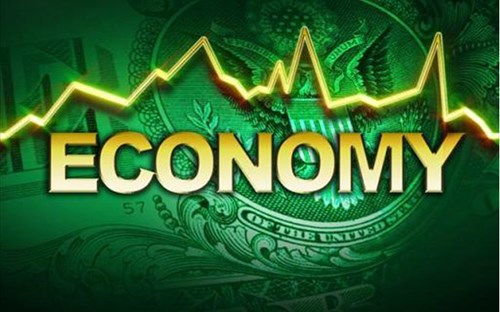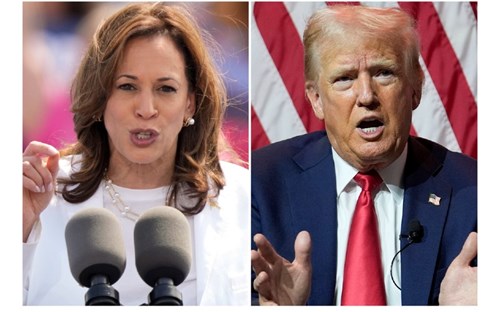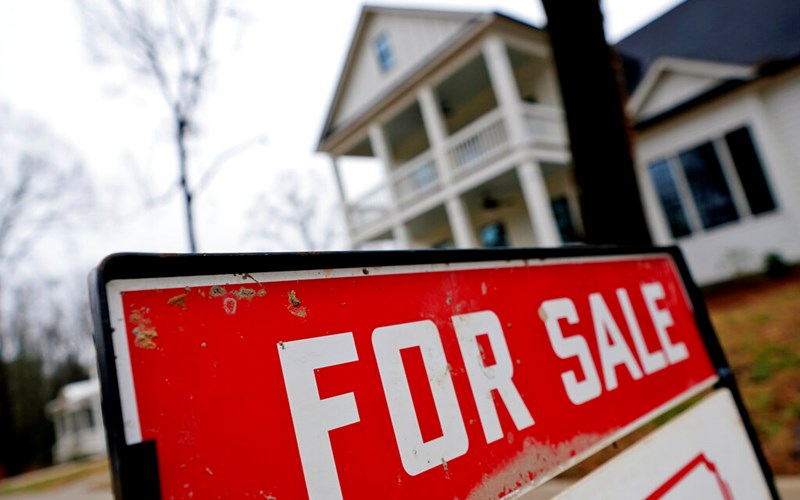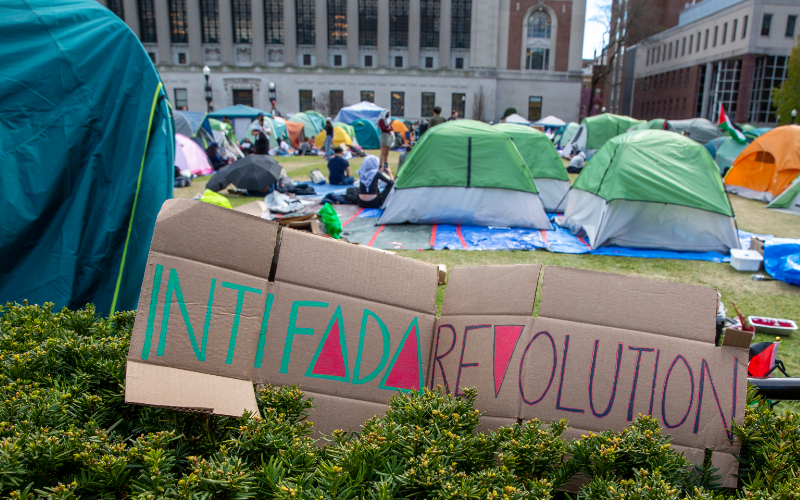Former President Ronald Reagan said it himself: "The nine most terrifying words in the English language are, "I'm from the government, and I'm here to help."
Ironically, even in today’s difficult economy, the government may be the biggest obstacle to home ownership right now.
“The biggest thing standing in between a homeowner and their American dream is the nightmare of government. The taxes, the fees of permitting, the import taxes, all of these costs are contributing to the problem of home affordability, and the problem lies squarely on the shoulders of government,” Pete Sepp, president of the National Taxpayers Union, told AFN.
A Wall Street Journal report details the housing market in America today, saying it's the most difficult in decades, mounting to the frustrations of millennials and Gen-Zers looking for their first home.
“The government's focus on junk fees is just an effort to distract the public from the real source of high cost of home ownership, and that's government itself. So, what we have here is that big government, not big business, is profiting the most from home buyers. Forty-four percent of the average closing costs on a single-family home consists of taxes. That's probably the single biggest expense in most jurisdictions for homeowners trying to figure out how to finance their American dream, Sepp said.
Government impact is obvious at the closing, but its fingerprints are seen throughout the process.
The economy contributed to a record 14-year rise in active home listings in July, Redfin reported. The surge is attributed to “cold feet” from buyers because of high prices and economic concerns.
Thirty-year mortgage rates have languished near 6.5% much of the summer. The average dropped recently to 5.93% according to Zillow.com but has since seen a slight increase.
Sepp said whether people are buying their first home or trying to move into a bigger home, people need to know there are a lot of fees coming.
“Most folks need to understand that the list of taxes at closing is going to be as long, if not longer than the list of other charges like credit report fees or loan origination fees. They may encounter transfer taxes, property taxes, recordation taxes. Document stamps, all of these things are levied by government, and they make the cost of closing on a loan for a home much more expensive,” he said.
Meanwhile, Biden administration officials don’t want to take the wrap and are blaming the private sector.
“It's not big business, but big government that is driving up the cost of home ownership the most right now,” Sepp said.

The Kamala Harris' proposals of a new tax credit for home building and $25,000 for first-time home buyers might sound attractive but will hurt more than help.
“These might help to ease the immediate pain of home ownership, but in the long run, what they'll do is drive up costs because what it will do is increase demand rather than supply,” Sepp said.
Increased supply may give some buyers a better chance to find their perfect match, but at the end of the day taxes and regulation are hurting young people.
“Any politician who wants to make homeownership more affordable and wants to make homes more plentiful has to focus on increasing the supply. We do that by relieving the tax and regulatory burdens that make constructing new homes more expensive and more difficult,” Sepp said.
Voters need to speak up. Legislators need to hear the stories of everyday Americans and what is keeping them locked into rental contracts with no return on investment, Sepp said.
“Whether it's a transfer tax or document stamp or recordation fee, these types of government induced charges are really driving up the cost of home ownership. It is vital for those wanting to purchase their first home or move into a bigger one to understand that government is making it far less affordable for them to get into the home they want. They should be contacting their elected officials and saying 'stop talking about junk fees and start doing something about your junk taxes,’” Sepp said.







